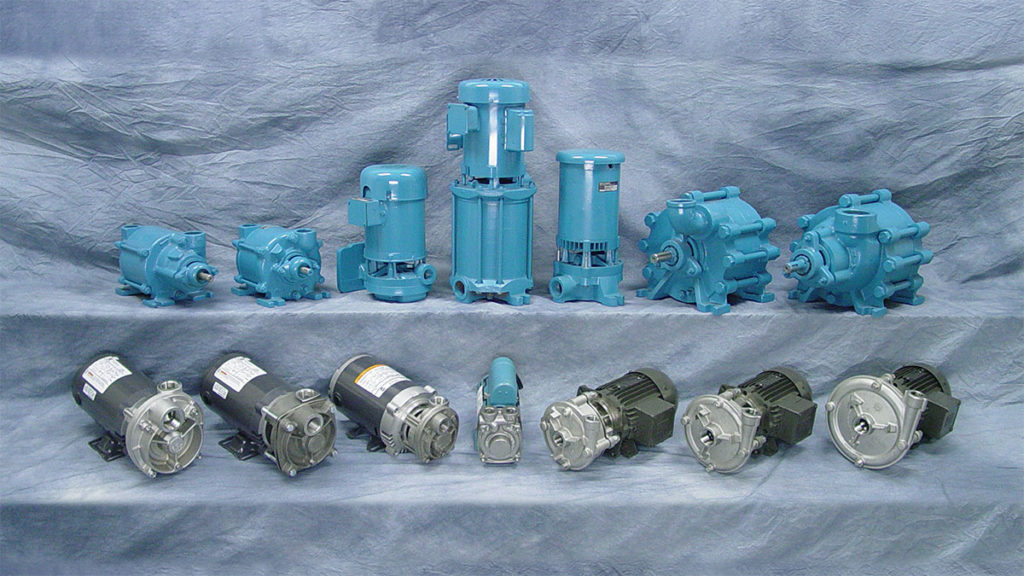As industries continue to seek more efficient and reliable methods for handling challenging fluids, the spotlight increasingly turns to advanced pump technologies. One notable application is the use of regenerative turbine pumps for pumping urea and Diesel Exhaust Fluid (DEF). Urea, widely utilized in agriculture, chemical manufacturing, and as a component of DEF, presents unique challenges in fluid handling due to its properties.

Understanding Regenerative Turbine Pumps
Regenerative turbine pumps, also known as peripheral pumps, operate on a principle distinct from centrifugal or positive displacement pumps. They utilize a rotating impeller with numerous small buckets or cells, which generate a high-velocity vortex, transferring energy to the fluid in a regenerative manner. This design imparts several advantages including:
- High Pressure at Low Flow Rates: Regenerative turbine pumps excel at producing high pressures, even at low flow rates, making them ideal for applications requiring precise metering and transfer of fluids.
- Smooth and Pulsation-Free Flow: Unlike positive displacement pumps, regenerative turbine pumps provide a smooth, continuous flow, reducing wear and tear on the system and ensuring consistent delivery.

Why Regenerative Turbine Pumps for Urea and DEF?
Urea handling demands pumps that can manage its crystalline nature and varying viscosities, especially in systems like Selective Catalytic Reduction (SCR) where urea is used to reduce NOx emissions from diesel engines. Similarly, DEF, a solution of urea in deionized water, requires reliable pumping solutions to ensure efficient operation. Here’s why regenerative turbine pumps stand out:
- Superior Handling of Low-Viscosity Fluids: Urea and DEF solutions typically have low viscosity. Regenerative turbine pumps are well-suited to handle such fluids efficiently without issues related to cavitation or flow irregularities.
- Minimized Crystallization Risks: Urea has a tendency to crystallize under certain conditions, which can lead to blockages and operational disruptions. The smooth, pulsation-free flow of regenerative turbine pumps helps mitigate crystallization within the pump and piping system.
- Enhanced Reliability and Durability: The robust construction of regenerative turbine pumps ensures reliable operation even under demanding conditions. Their ability to handle variations in fluid density and composition without significant wear extends their service life and reduces maintenance requirements.
- Energy Efficiency: With the rising focus on sustainability, the energy efficiency of pumping systems is crucial. Regenerative turbine pumps, with their efficient energy transfer mechanism, often consume less power compared to other pump types, contributing to lower operational costs.

Applications in Industry
The versatility of regenerative turbine pumps makes them suitable for a range of urea and DEF-related applications:
- Agricultural Fertilizer Solutions: Ensuring consistent and precise delivery of urea fertilizers to enhance crop yield and efficiency.
- Chemical Manufacturing: Handling urea in various stages of production, from raw material processing to end-product formulation.
- Emission Control Systems: In SCR systems for diesel engines, ensuring reliable and accurate dosing of urea solutions to meet stringent emission standards.
- DEF Distribution: Ensuring efficient and reliable pumping of DEF from storage tanks to dispensing units, critical for maintaining the performance and compliance of modern diesel engines.
Adopting regenerative turbine pumps for urea and DEF handling not only optimizes operational efficiency but also enhances system reliability and longevity. As industries continue to evolve and demand more sophisticated fluid handling solutions, these pumps stand out as a robust, efficient, and cost-effective choice.
Investing in regenerative turbine pump technology can transform your urea and DEF handling processes, ensuring smoother operations and paving the way for sustainable industrial practices. Explore the potential of these innovative pumps and stay ahead in the competitive landscape with advanced fluid handling solutions.
This LinkedIn newsletter article aims to inform industry professionals about the benefits and applications of regenerative turbine pumps in urea and DEF handling. For more in-depth information or to discuss specific requirements, feel free to connect or reach out directly. Let’s drive innovation in fluid handling together!

MTH Pumps is a “Made-in-the-USA” manufacturer since 1965, that specializes in high pressure, low flow regenerative turbine pumps. Our Pumps produce as little as 5 PSI up to 1,000 PSI and anywhere from a ½ gallon to 150 gallons per minute. They are available in rugged, cast construction iron, bronze, and stainless-steel materials with a variety of sealing options. We have both horizontal and vertical models with a number of drive options including AC / DC volt motors or pedestal mountings. Every pump is 100% tested before it leaves our facility. MTH is an ISO certified company in a state-of-the-art, quality driven factory in Plano, Illinois. Please see our products we offer at www.mthpumps.com or call us, 630-552-4115.

